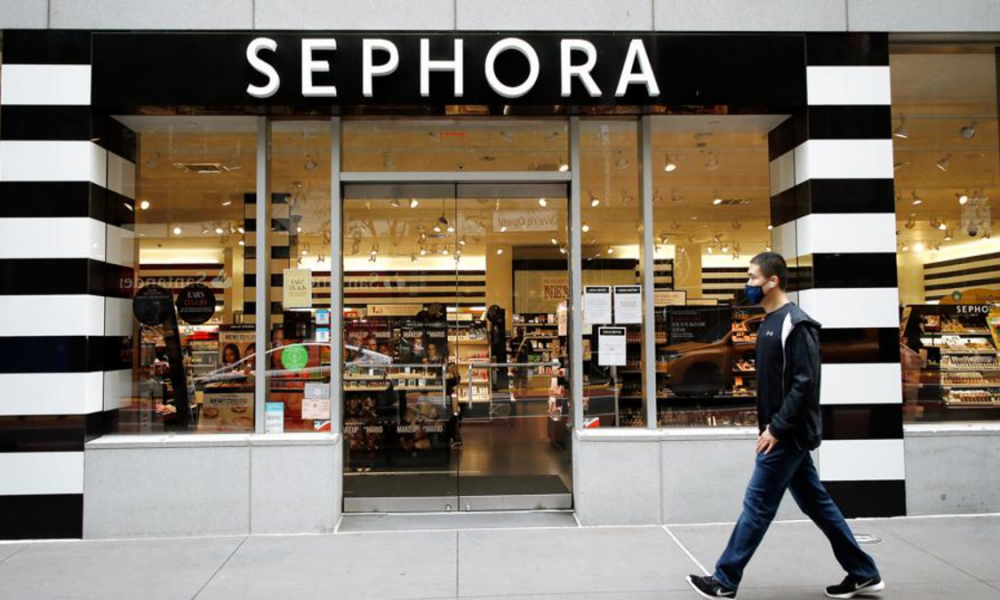Plant-based meat alternatives are in high demand right now, but these alternatives are not all that healthy.
What We Know:
- While these meat alternatives are good for the environment, a viral blog post called “Beyond Meat Is Beyond Unhealthy” sparked curiosity among vegans and non-vegans alike. Are these alternatives really that much healthier for our bodies?
- Rachel Fine, a registered dietitian nutritionist said the Impossible and Beyond’s lists of ingredients offer more information about their healthfulness than the nutrition label. Beyond Burgers have 18 ingredients while Impossible Burgers have 21. Designed to be meat-like, both have similar protein counts to real meat. The high protein comes from processed plant ingredients instead of whole foods, which are healthier.
- These alternatives also have considerably high amounts of sodium. Beyond has 390 milligrams of sodium, and Impossible has 370 milligrams. In comparison, a burger from Five Guys contains 330 milligrams of sodium.
- Beyond Meat and Impossible companies’ burgers are sold at various fast food chains, including Burger King, White Castle, Carl’s Jr. and Red Robin. Last month, Impossible Foods reported a burger shortage after increased sales, according to Cnet.
- A popular veggie burger, Gardenburger, owned by Kellogg, has cooked brown rice, mushrooms and rolled oats as its first three ingredients. Additionally, it has 5 grams of protein per 71-gram burger, according to HuffPost. Fine told HuffPost these whole foods are good sources of fiber despite the burger’s low protein count. “If it has 10 grams, that’s a great source of protein. I’d rather the protein come from eggs or legumes, not isolates,” Fine said.
- Beyond Meat, founded in 2009 and owned by Savage River Inc., went public on May 1 and Impossible Foods, known for its burgers that bleed, was founded in 2011, is privately owned, and reportedly valued at $2 billion.
These burgers are good for the environment, but not your health, especially depending on your dietary needs.


